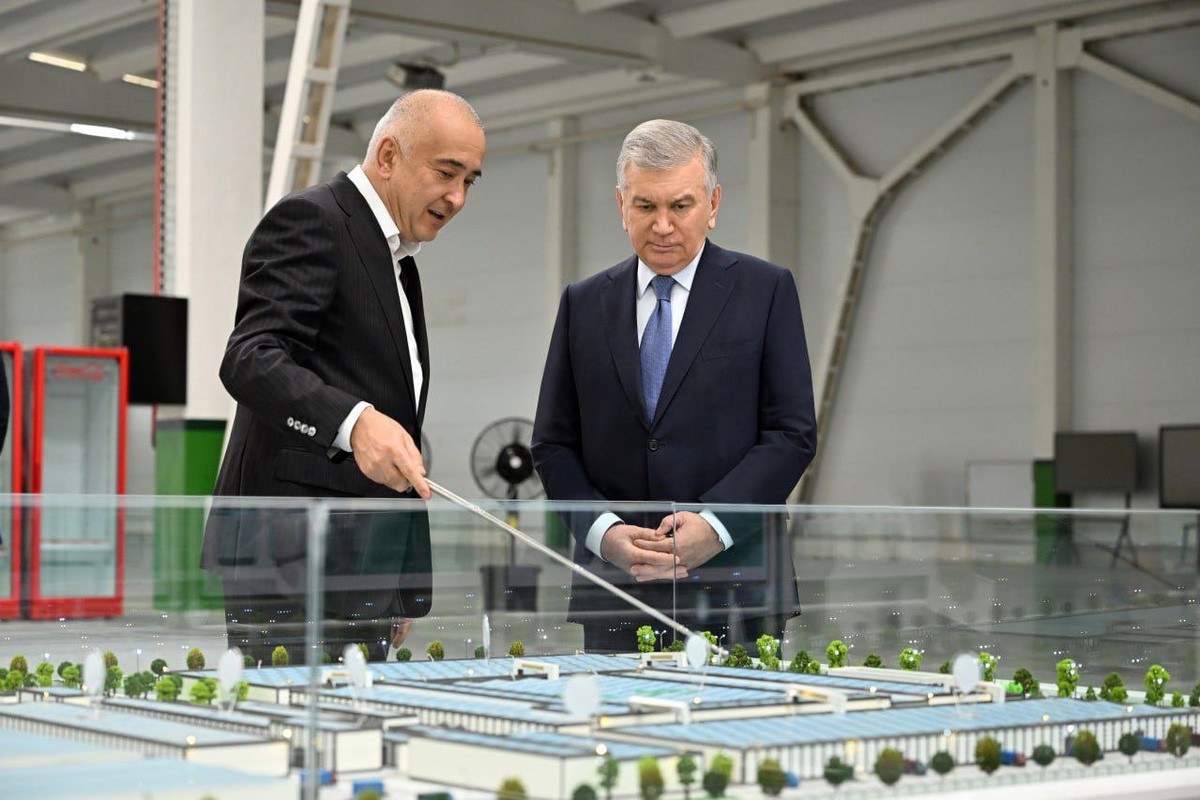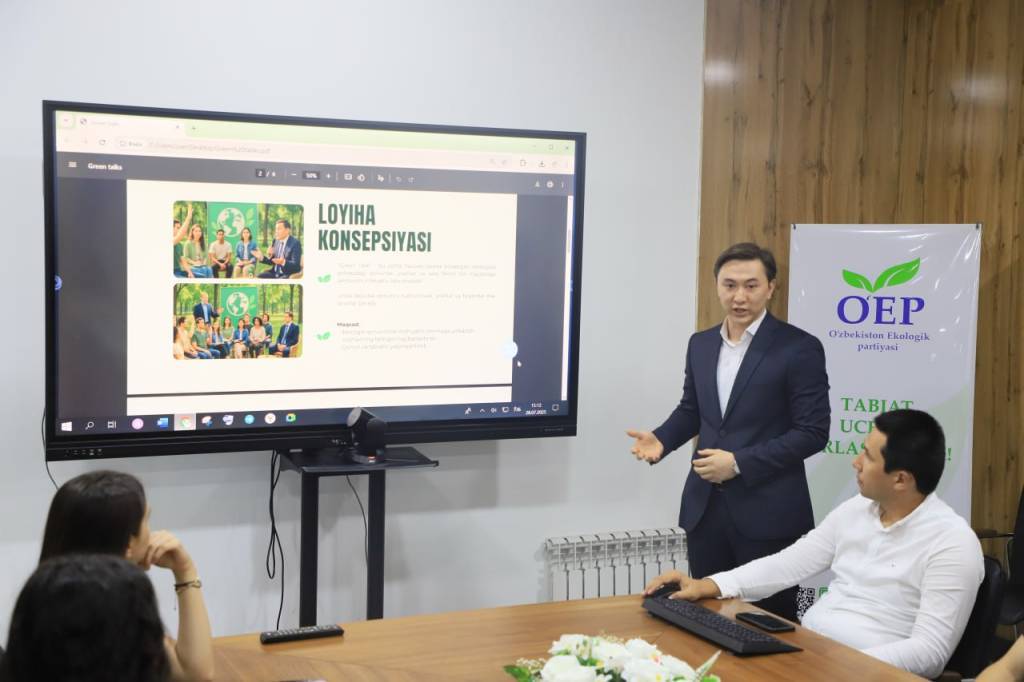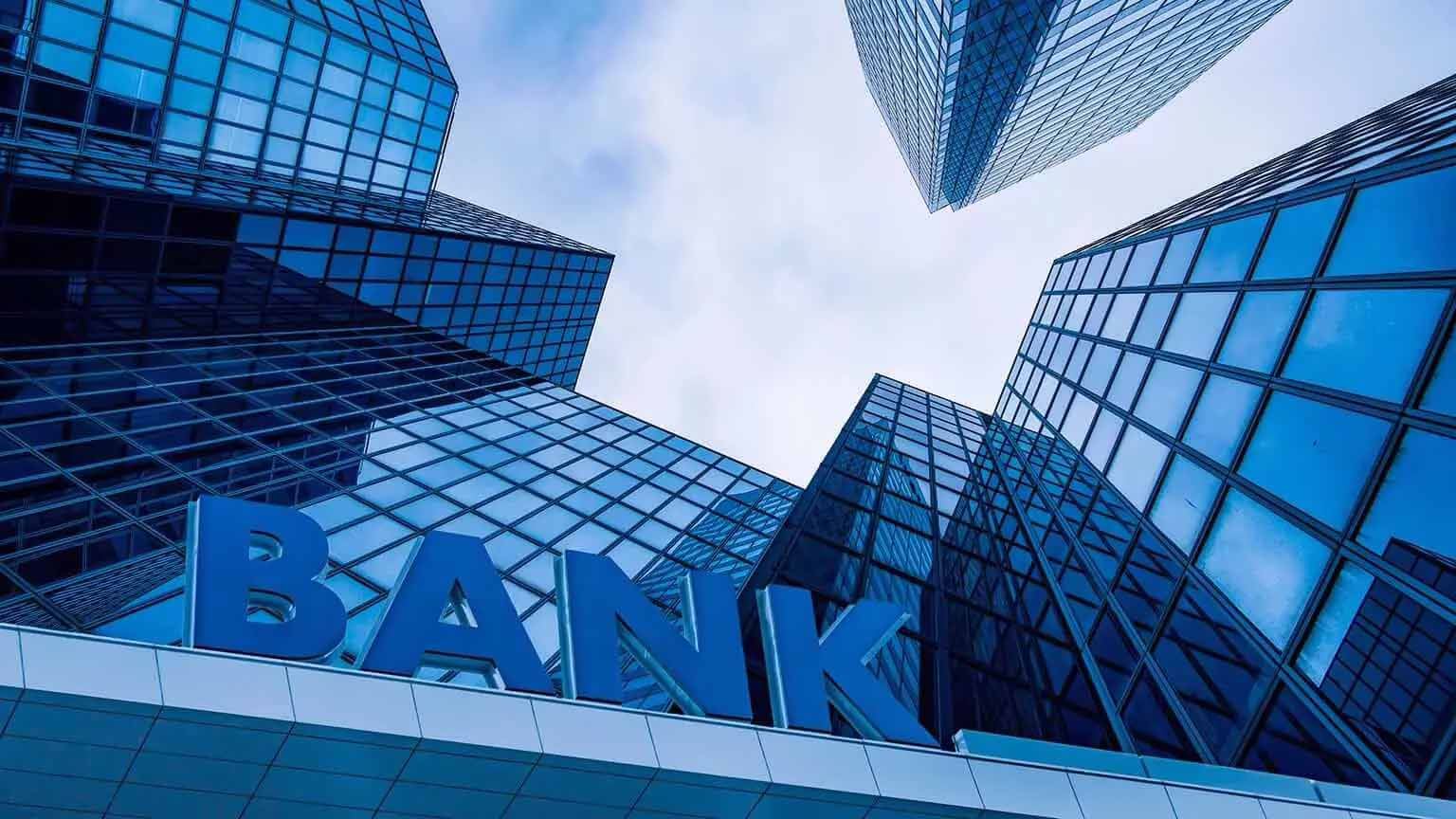A large-scale project to preserve architectural heritage objects has been launched in eleven Russian cities. The initiative is implemented with the participation of one of the largest digital platforms in the field of online services and a volunteer foundation specializing in the restoration of historical buildings. The project was fully financed by a private company, investing in strengthening foundations, roofs, replacing windows, installing drainage systems and other major repairs.
Among the cities where the work will be carried out are Krasnodar, Nizhny Novgorod, Rostov-on-Don, Samara, Tver, Kaluga, Chelyabinsk, Tobolsk, as well as small settlements: the village of Ipatovo (Komi Republic), Totma (Vologda Region) and Klyuksy (Kaluga Region). All selected sites represent elements of cultural identity and are part of local tourist routes. The goal of the project is not only the physical restoration of buildings, but also their return to the active social and cultural life of cities.
The initiative is implemented in cooperation with a volunteer movement that unites architects, restorers, business representatives and local governments. The project has been in existence for more than ten years and has already established itself as a sustainable format for interaction between society and the private sector in the field of preserving the historical appearance of Russian cities.
As noted by the representative of the platform, who oversees the direction of "Major repairs and construction", participation in such projects goes beyond commercial activities. It is a contribution to creating an environment in which modernity and historical heritage can co-exist, supporting cultural continuity and regional development. In addition to financial support, the initiators encourage the participation of citizens — anyone can become a volunteer by taking part in the restoration of one of the objects.
Mechanisms of interaction between IT businesses, public initiatives and local communities are becoming an important part of modern urban policy. The project demonstrates how digital platforms are able to integrate into social development processes, while maintaining business efficiency and strengthening their reputational stability in the market.














